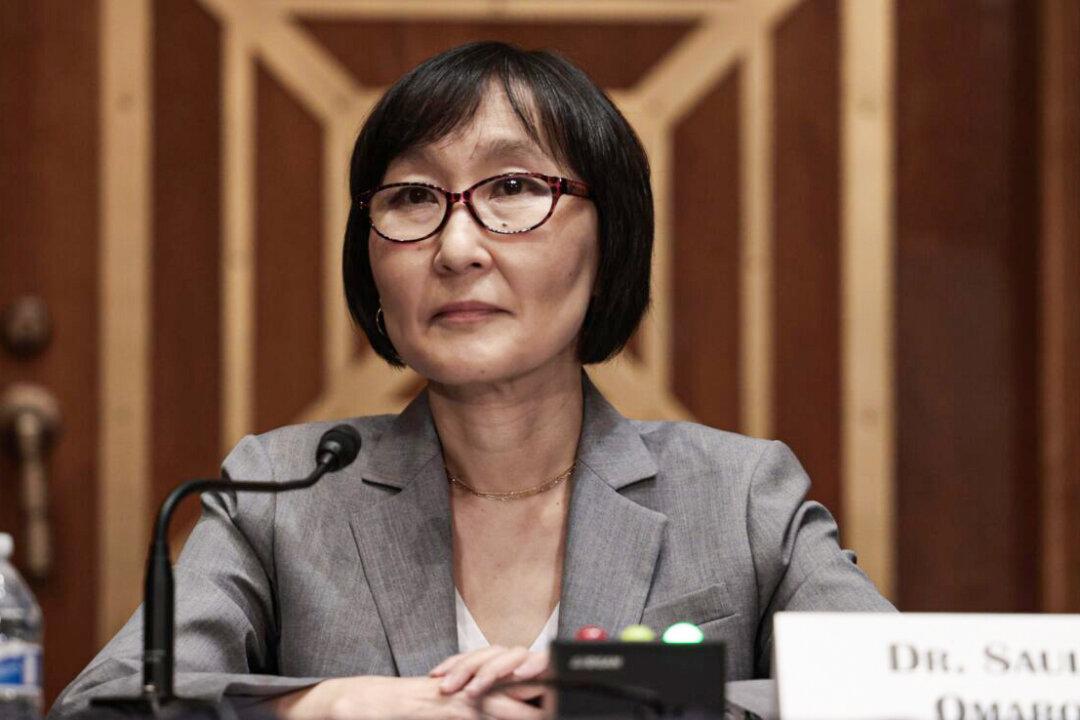Saule Omarova, nominated by President Joe Biden for the role of one of the top banking regulators, on Nov. 18 tried to portray her recently published proposal to centralize banking as merely an outline of one among many options to consider rather than her own preference.
Her proposal, outlined in an October paper titled “The People’s Ledger,” would have the government take all bank deposits and put them in the Federal Reserve, which would then be able to control who does and doesn’t get a loan (pdf). This would drastically expand government control over finance and exacerbate a number of problems, several experts previously told The Epoch Times.





